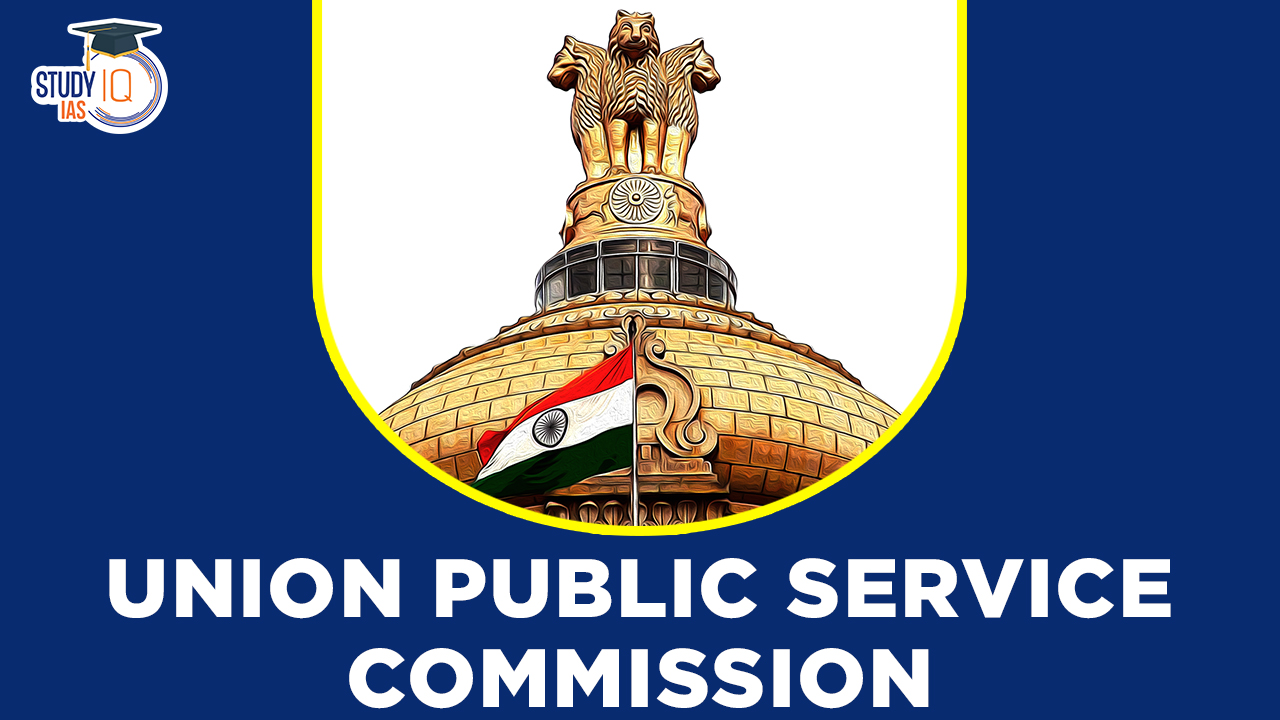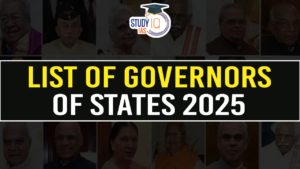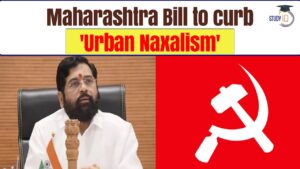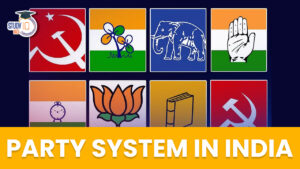Table of Contents
IAS Preeti Sudan appointed new UPSC Chairperson
The Union Public Service Commission announced on Wednesday the appointment of IAS officer Preeti Sudan as its new chairperson. Sudan, a 1983 batch IAS officer from the Karnataka cadre, will assume the role on August 1 and serve until April 2025. Previously, she held the position of Union Food Secretary. Preeti Sudan becomes the second woman to lead the UPSC, following R M Bathew, who was chairperson in 1996. Sudan appointed after the resignation of the UPSC Chairman Manoj Soni recently.
UPSC Chairman Manoj Soni submits resignation
Manoj Soni, who served as the Chairman of the Union Public Service Commission (UPSC), submitted his resignation on 20th July 2024. This development marks a significant change in leadership at the UPSC, which is responsible for conducting prestigious examinations such as the Civil Services Examination (CSE) among others in India.
Union Public Service Commission (UPSC)
Article 315 of the Indian Constitution outlines the idea of a public service commission for both the state and the union. Additionally, Article 315(2) states that if two States agree to form a single Public Service Commission, they must do so following the passage of a resolution to that effect.
On October 1st, 1926, the First Public Service Commission was founded with Sir Ross Barker as its chairman. Additionally, it was only given a limited advisory function, something that the head of the independence movement frequently emphasised. The Government of India Act, 1935 was enacted as a result, creating the Federal Public Service Commission. It was later given constitutional standing under the Indian Constitution on January 26, 1950.
|
About Union Public Service Commission (UPSC) |
|
| Particulars | Details |
| Union Public Service Commission As a | Constitutional Body |
| Part | It is mentioned under Part XIV of the Constitution |
| Article | It is mentioned under Article 315 – 323 |
| Union Public Service Commission Chairman | The Current Chairman is Dr. Manoj Soni (currently submits resignation) |
| Initially Established Under | Under the Government of India Act 1919 Central Public Service Commission was setup in 1926 and provided with the task of recruiting civil servants. Government of India Act 1935 provided for the establishment of Federal Public Service Commission, Provincial Public Service Commission and Joint Public Service Commission. |
Articles for UPSC
UPSC is an independent constitutional body as it has directly been created as per the constitution. It has been mentioned in Part XIV and under Articles 315 and 323 containing detailed and elaborated provisions regarding the composition, appointment as well as removal of the member of UPSC including their independence, function and power of UPSC. Check the articles of UPSC below:
|
Union Public Service Commission Article |
|
| Article | Provisions |
| Article 315 | Public Service Commissions for the Union and for the states |
| Article 316 | Appointment and term of office of members |
| Article 317 | Removal and suspension of a member of a Public Service Commission |
| Article 318 | Power to make regulations as to conditions of service of members and staff of the Commission. |
| Article 319 | Prohibition as to the holding of office by members of the commission on ceasing to be such members |
| Article 320 | Functions of Public Service Commissions |
| Article 321 | Power to extend functions of Public Service Commissions |
| Article 322 | Expenses of Public Service Commissions |
| Article 323 | Reports of Public Service Commissions |
Functions of Union Public Service Commission
The Commission must be consulted on all matters involving the employment of civil servants and positions, as per Article 320 of the Indian Constitution. The Commission’s duties are listed under Article 320 of the Constitution as follows:
- The creation and modification of recruitment regulations for different services and positions under government.
- Officers are appointed based on promotions, deputies, or absorptions.
- Disciplinary matters involving several Civil Services.
- Direct hiring followed by interview selection.
- Advising the government on any issue that the commission has been asked to look into by the president of India.
Constitutional Provisions of UPSC
The other important constitutional provisions in relation to UPSC as Eligibility, Tenure, Appointment and Criteria of Removal of the member of UPSC have been discussed below in the table:
| Particulars | Details of the Provision |
| Appointment, Eligibility and Tenure |
|
| Independence of UPSC Member |
|
| Removal Criteria for UPSC Member |
|
| Recruitment Rules for UPSC | According to Article 319 of the Indian Constitution, a member of a committee is prohibited from holding office after ceasing to be a member. |


 List of Governor of States in India, Con...
List of Governor of States in India, Con...
 Maharashtra Bill to Curb Urban Naxalism,...
Maharashtra Bill to Curb Urban Naxalism,...
 Party System in India, Feature, Importan...
Party System in India, Feature, Importan...





















